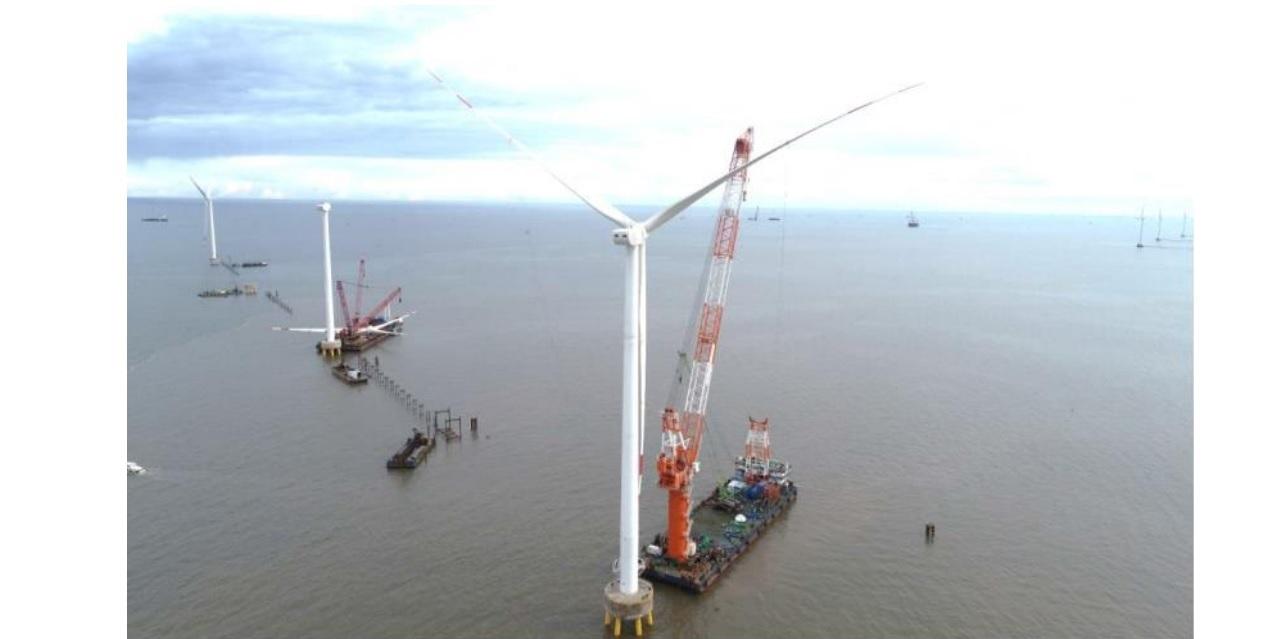
SET-listed Super Energy Corporation Plc (Super) said it plans to generate earnings from a carbon credit trade mechanism, which is expected to be a key tool in the government's attempts to reduce greenhouse gases.
The amount of greenhouse reduction, known as carbon credits, generated by environmental projects can be traded, allowing companies to offset the carbon dioxide they release into the atmosphere.
Jormsup Lochaya, chief executive and vice-chairman of the Super board, expects carbon credit trade to be its new source of revenue within three years as Thai and foreign investors are required to use more on renewable power supplies in their goods production to avoid facing non-tariff barriers imposed to curb greenhouse gas emissions.
Super is developing Thailand's first power plant based on hybrid renewable resources.
The 2-billion-baht project is expected to benefit from carbon credit trade.
The small power producer hybrid project, scheduled to operate in October next year, has an installed power generation capacity of 49 megawatts from an on-ground solar farm, with back-up power from a 1MW biogas-fired power plant and a 136MW-hour energy storage system.
The facility, located in Sa Kaeo province, uses dual power generation, so it can ease worries over an unsteady electricity supply produced by the sun, which is considered to be an intermittent source of power, determined by weather conditions.
"This project can be part of carbon credit trade to serve investors as there is no problem of unsteady power source," said Mr Jormsup.
Super is also carrying out a project to develop a smart power supply from 16MW rooftop solar panels, with an energy storage system, at Mahidol University.
The company plans to expand the project to cover factories and households so they can produce electricity themselves.
Mr Jormsup said the firm expects to reach a goal to increase its renewable power generation capacity to 2 gigawatts by 2023, up from 1.3GW at present.
New capacity to be added to its portfolio in the next three years will come from nine ongoing development projects -- 87MW from the hybrid project and four waste-to-energy projects in Thailand, and 722MW from four wind farms in Vietnam.
All projects are expected to drive the firm's revenue to 13.6 billion baht in 2023, up from an estimated 9.18 billion baht this year.